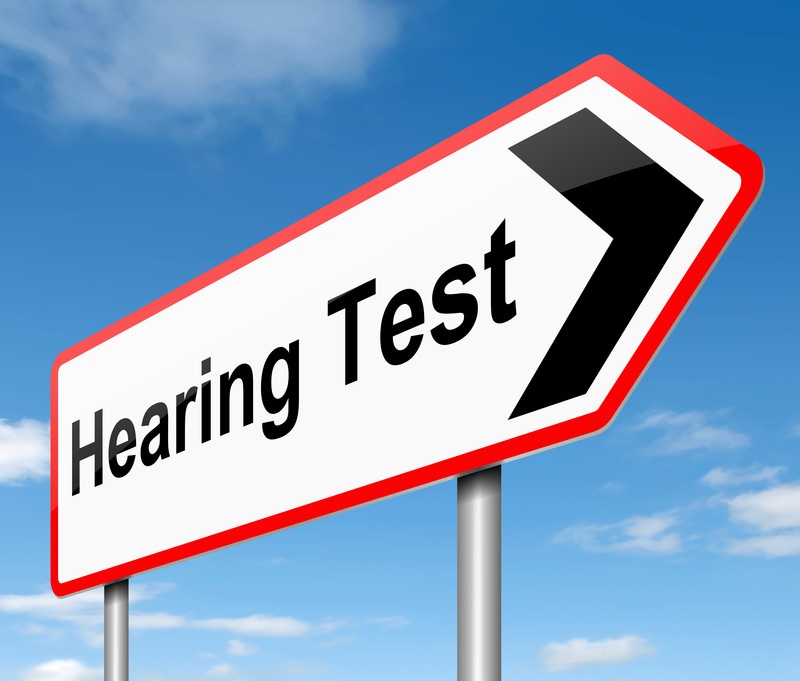
In the US, about 37.5 million adults have some amount of hearing loss. Yet according to the National Institutes of Health (NIH), merely 20 percent of those who could benefit from hearing aids actually use them. That suggests that millions of Americans who could enhance their life with better hearing choose not to do so.
And that’s not all.
After being told that they need hearing aids, people wait on average 5-7 years before even purchasing them—which is unfortunate, because for those that do choose to wear hearing aids, the results are overwhelmingly favorable.
Several studies have determined that using hearing aids enhances relationships, improves general physical and mental health, and even boosts household income, as discovered by the Better Hearing Institute.
Regretfully, 80 percent of those who could use hearing aids will never observe these benefits. And of those who will, it’s a shame that they have to wait way too long.
The question is: if people are delaying 5-7 years before acquiring a hearing aid, what is eventually convincing them to do so? And if we knew the reasons, would it inspire us to address our own hearing loss faster?
With that in mind, we’ve compiled the most common “triggers” that have prompted our patients to finally schedule a hearing test.
Here are the top five:
1. Not being able to hear the grandkids
Here’s one we’ve heard more than a few times.
The thing about high-frequency hearing loss is that the sounds most difficult to hear are frequently higher-pitched. That makes the female voice and the voices of children particularly tough to understand.
Consequently, many people with hearing loss miss out on what their grandchildren are saying, or otherwise have to make them repeat themselves. After a while, the grandkids start avoiding the grandparents, and this offers a strong incentive to arrange a hearing test.
2. Strained relationships
Communication is the foundation of any healthy relationship, which is why hearing loss is so frustrating for both parties.
If you suffer from hearing loss, you may think everybody else mumbles, but your spouse probably feels you speak too loud or “selectively listen.” This produces stress, and before long, you discover yourself in more arguments than normal.
Regrettably, many people wait until their partner is at a breaking point of aggravation before arranging a hearing test. We’ve witnessed firsthand that lots of trouble could have been prevented if hearing loss were attended to faster.
3. Feeling left out
How confident and involved can you really be if you can’t understand what others are saying?
Many people with hearing loss lose their self-confidence and sociability when it’s much easier to avoid the situation than it is to struggle to hear and understand what’s being said. This leads many down a road of seclusion.
It’s this experience of isolation—and missing out on social events—that prompt people to grab the phone and book a hearing exam. And there are not many activities that hearing loss doesn’t impact in an unfavorable way.
4. Being unproductive at work
We’ve heard several stories of people that come to their breaking point at work. Frequently they’re at a critical meeting and can’t hear their co-workers sitting across the table. They either have to interrupt the meeting to get people to speak louder or repeat themselves, or otherwise have to stay silent because they can’t follow along.
There’s a reason why using hearing aids is linked with higher household income in those with hearing loss. If you have better hearing, you’re simply more self-confident and effective at work.
5. Concern about general health and well-being
Last but most certainly not least, people are becoming increasingly conscious of the health risks connected with hearing loss. While there are many conditions tied to diminished hearing, the most worrying connection is that between hearing loss and dementia. According to Johns Hopkins University researchers, seniors with hearing loss are significantly more likely to develop dementia over time than those who retain their hearing.
What’s your reason?
The bottom line is that most people wait far too long to attend to their hearing loss, even though the majority of hearing aid users state that their lives have been enhanced with better hearing.
If you use hearing aids, let us know the reason you decided to arrange your initial hearing test. Your response may end up helping someone in a similar position to achieve the rewards of better hearing sooner rather than later.